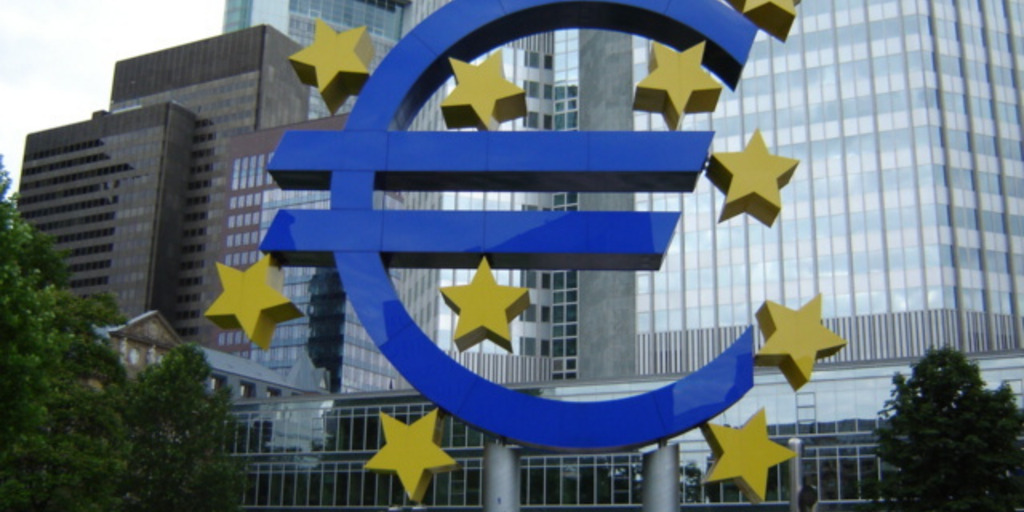The euro crisis is over, at least officially. Last month the European Parliament and the Council of the European Union agreed to establish the so-called Banking Union, i.e. a series of measures for shoring up the common currency. It is indeed a major step forward.
Numerous technical regulations were created, such as how much capital a bank must keep on hand, when a financial institution can be restructured or resolved and how customer savings are to be protected. In addition, banks will now be subject to supervision by a European oversight authority.
Those technical measures are in fact an attempt to sever a long chain of mutual dependencies: between bank debt and government debt, between banks and national governments, between financial players who for reasons of national security cannot be allowed to fail and politicians who are feeling vulnerable. Thanks to the Banking Union, there will be more power in Frankfurt this coming autumn – albeit not in Deutsche Bank's twin towers, but in the skyscraper housing the European Central Bank.
That all sounds good. However, in order to protect Europe's common currency from coming crises, not one but four major issues must be addressed. That, at least, was the conclusion reached by the working group led by European Council President Herman van Rompuy at the end of 2012 – a conclusion that has generally been forgotten. In addition to deepening the integration of Europe's financial markets, something that has begun taking place, progress must also be made in the areas of fiscal policy, coordination of economic and political measures, and democratic controlling mechanisms.
That hardly means there is no longer any need to discuss the possible assumption of future debt. Or to continue looking for solutions capable of overcoming significant differences in growth, such as the creation of a special budget for euro-zone countries. Another issue that has not been resolved is how national parliaments, such as Germany's Bundestag, or the European Parliament can play a greater role in decisions affecting the euro. All of these points can be seen as the homework awaiting the currency's guardians once the elections are over.
Europe's citizens will not only be voting on future solutions when they head to the polls. They will also be expressing their feelings about who should be held accountable for the crisis. The various political parties are anything but united in their views on the matter. For parties on the left, the euro crisis is not only the result of poor economic decision-making in Southern Europe, it also reflects the excesses of globalized capital. Europe's Green Party members and Social Democrats are of a similar opinion: Regulation of the financial markets was too lax and resulted in the global financial crisis, and the subsequent, overly aggressive austerity measures only increased the fallout from the crisis in euro-zone countries. More than the others, however, Europe's conservatives feel individual EU member states are not competitive enough and have excessive levels of private debt.
Ultimately, while the Economic and Monetary Union seems to have survived its greatest crisis to date, the divide between creditors and debtors has yet to be bridged.



